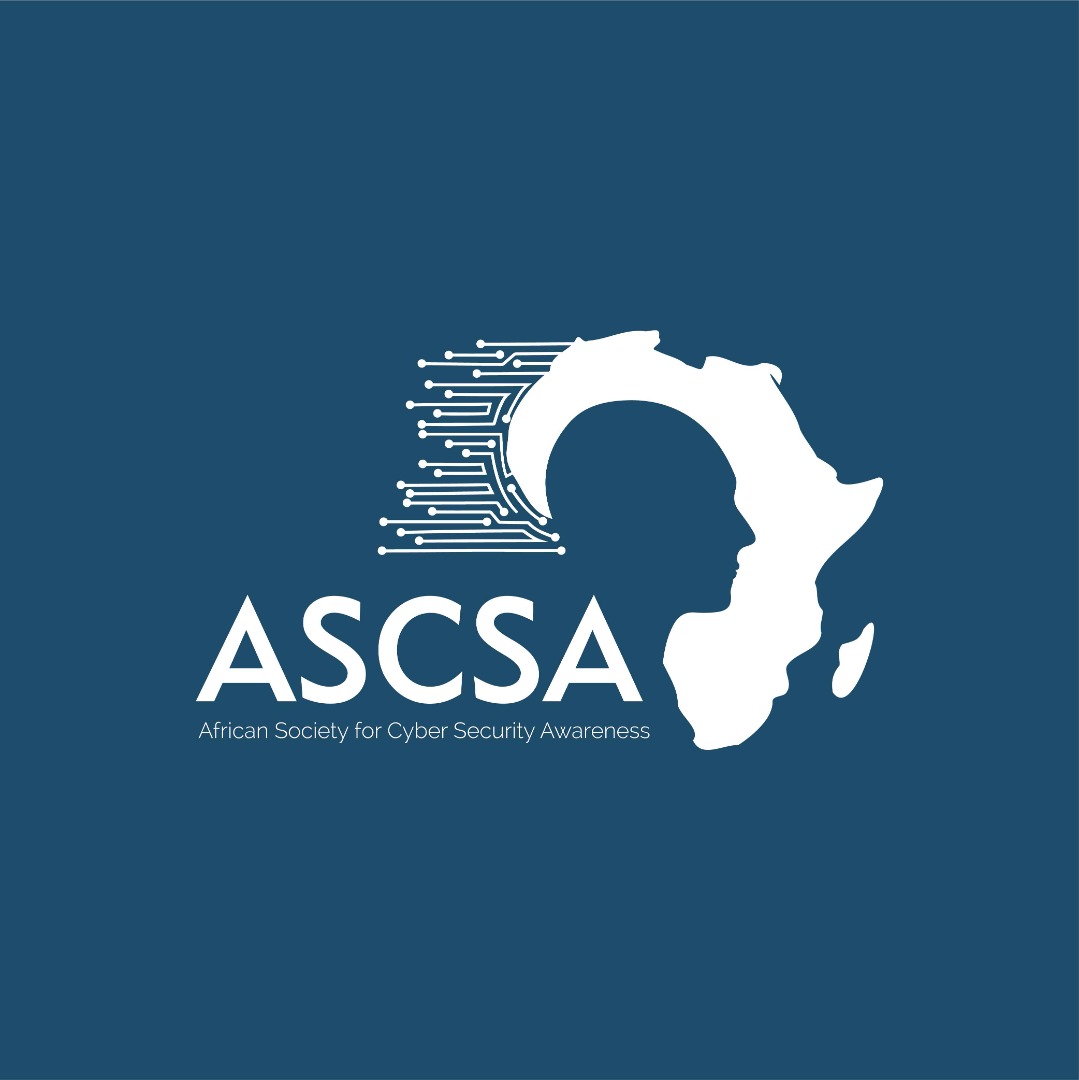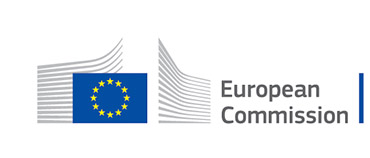| ||||||||||||||||||||||||||||||||||||||||||||||||||||||||||||||||||||||||||||||||||||||||||||||||||||||||||||||||||||||||||||||||||||||||||||||||||||||||||||||||||||||||||
SIC+ programme: Brazil - Safernet Brasil
About the organisation
SaferNet Brasil is an NGO in Brazil to established a multistakeholder approach to protect Human Rights in the digital environment. We work as a Safer Internet Centre and coordinate actions on 3 fronts of online protection: The National Human Rights Cyber Hotline, operated in partnership with Public Prosecutors to strengthen actions against cybercrimes targeting Human Rights. The National Web-based Helpline which offers one-to-one conversation online with professional counsellors and provides support for children, young people and family about online safety.
SIC+ programme: South Africa. African Society for Cyber Security Awareness NPO / Film and Publication Board
About the organisation
a. African Society for Cyber Security Awareness NPO

The African Society for Cyber Security Awareness (ASCSA) is a non-profit organization with a mission to spread awareness campaigns and programs across the African continent, focusing on digital citizens, especially women and children.
Should mobile phones be banned in schools?
Different regulations in Europe's schools
The question of whether a ban on mobile phones should be introduced in schools causes heated discussions in many EU countries year after year. This is often triggered by recent publications, acute psychological pressure or, as is currently the case, public debates in other countries. While in Greece, Italy, the Netherlands and now also in Belgium there are nationwide bans on mobile phones in schools, in countries such as Austria the question arises again: How should mobile phones be handled in schools?
In the spotlight: Safer Internet Centre Germany
As part of the Better Internet for Kids (BIK) Quality Assurance Programme (QAP), the Insafe-INHOPE Coordination Teams are jointly conducting a set of fifteen country visits to national Safer Internet Centres (SICs) to better understand what is happening in the Member States: monitoring emerging issues and challenges, identifying good practices to be shared, and harvesting the results of Better Internet for Kids (BIK) policy. On 2 July 2024, a national visit took place with the German SIC.
In the spotlight: Safer Internet Centre Italy
As part of the Better Internet for Kids (BIK) Quality Assurance Programme (QAP), the Insafe-INHOPE Coordination Teams are jointly conducting a set of 15 country visits to national Safer Internet Centres (SICs) to better understand what is happening in the Member States: monitoring emerging issues and challenges, identifying good practices to be shared, and harvesting the results of the Better Internet for Kids (BIK) policy. On 12 June, a national visit was organised by the Insafe-INHOPE coordination team at the premises of the Ministry of Education in Rome, Italy.
Bootcamp for Girls testimonials
From 4 to 7 July 2024, the Bootcamp for Girls took place at the University of Aveiro in Portugal. The Portuguese Safer Internet Centre shared some testimonials from a group of participants.
How fast fashion targets your teenagers and how to protect them
Did you know that your teenagers are constantly bombarded with advertisements when they are on their screens? Budget e-commerce giants excel at targeting them, capturing their attention with repetitive visuals and tempting promotional offers. However, behind these ads are aggressive marketing strategies that can influence your child’s behaviour.
Ultra-violence on your smartphones: How to protect your children?
A concerning trend among school-age children is the exposure to ultra-violent scenes (torture, beheadings, war scenes) on their smartphones. Alarmingly, 25 per cent of 11 to 18 year olds are engaging in this disturbing behaviour. These scenes, often shared on platforms like Reddit, Telegram, Discord, or even social networks like X (formerly Twitter), are part of a troubling challenge where young people test their limits by watching extremely traumatic images. These include footage of drug cartels torturing opponents, terrorists attacking, and torturers murdering convicts.
France’s Screen Commission: Addressing the impact of screens on young people
In mid-January 2024, Emmanuel Macron established a Commission composed of experts from civil society to evaluate the issues related to children's exposure to screens and make recommendations. Over the course of three months, the Commission interviewed nearly 150 young people and heard from more than 100 experts and professionals to cover various aspects of children's and adolescents' relationships with screens and digital technology.



